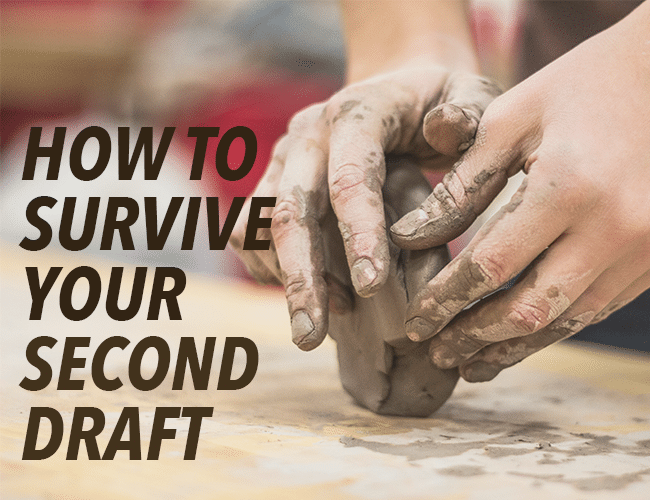
by Kellie McGann |
The next few months I’ve dedicated to finishing the book I’ve been working on for nearly two years. Inspired by Joe’s latest post, I’ve made the commitment to revise the second draft of my book.
I believe, though, the second draft is the hardest. Actually, it’s the worst. All the content of your book is sitting right in front of you like a huge slab of marble mined from your imagination, and you’re expected to take the formless hunk and turn it into Michelangelo’s David.
In finishing the second draft of three books and as I’m embarking on finishing this next one this fall, I’ve compiled these tips for the both of us. Here’s all I know about book editing and surviving the second draft.
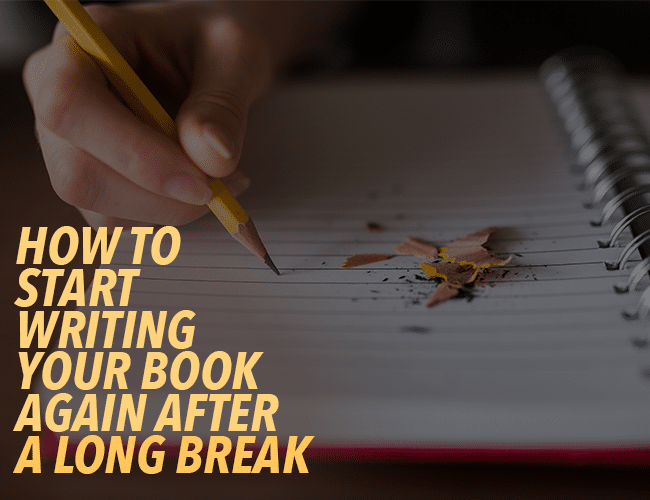
by Monica M. Clark |
There are many reasons you may have taken a break from your future novel: You’re waiting to hear back from prospective agents. You’re transitioning after a major life event. You were simply too in the weeds and needed to take a step back.
But once you step away, it can be hard to figure out how to start writing your book . . . again.
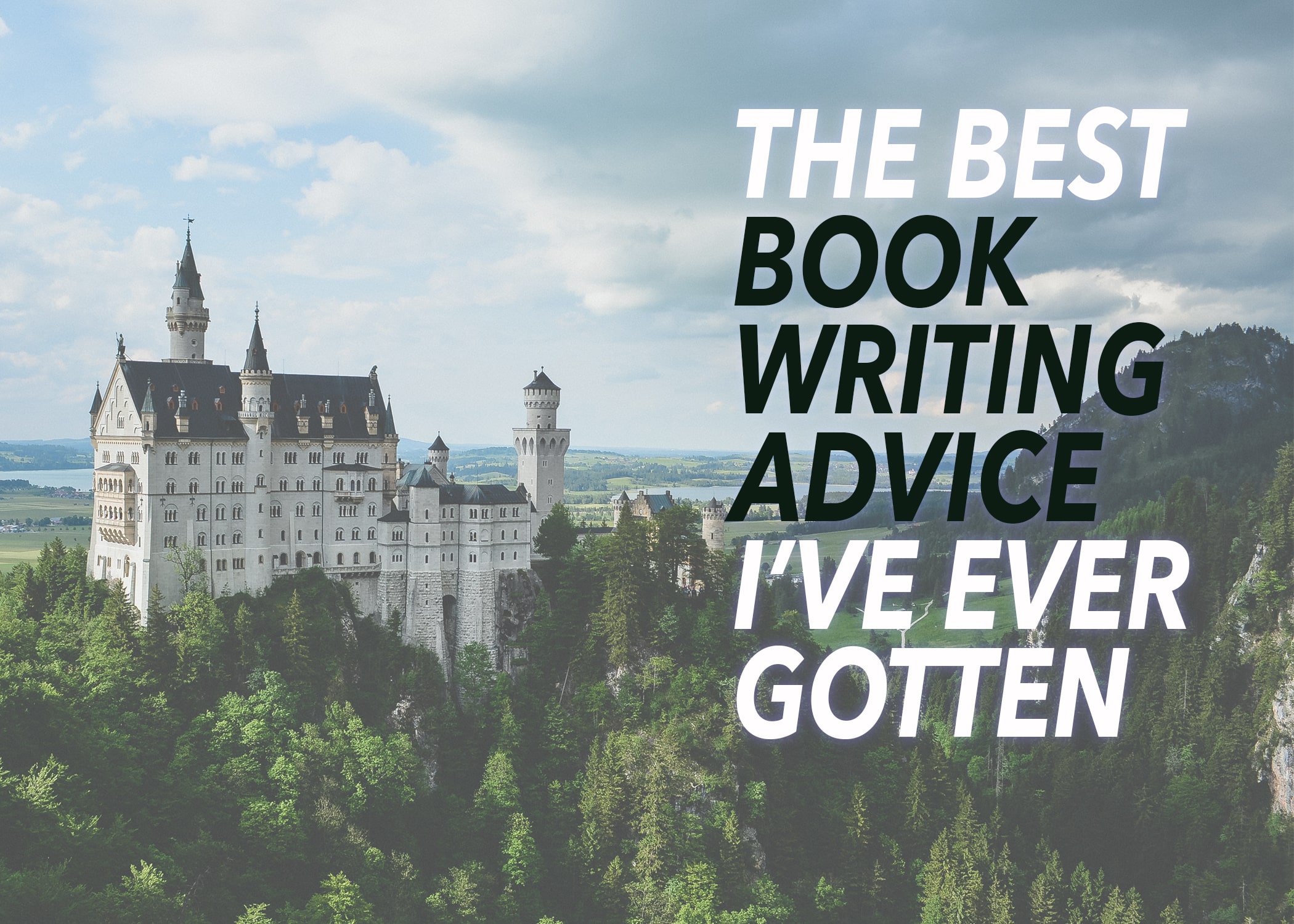
by Kellie McGann |
Over the last few weeks, I had the opportunity to travel home for the holidays. During this time, I was inundated with advice from older friends and family about life, money, and relationships. But the best advice I received came from the an unexpected source: my seven-year-old cousin.
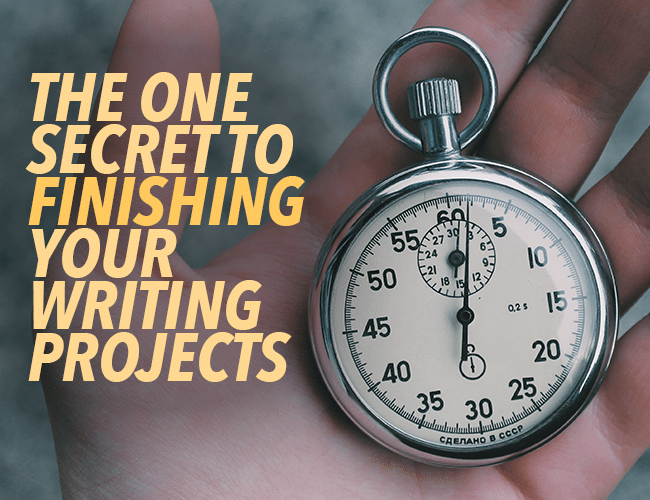
by Ruthanne Reid |
A funny thing happens when you move.
You start out carefully. Each glass is conscientiously wrapped in six pages of newspaper. Each collectible is cushioned and boxed as if interred, and each box Sharpied with item, location, and name. Then a few days into this, something strange happens: you realize it doesn’t matter.
To put it another way, when you’re running out of time, you no longer have the luxury of faffing around. That’s when you really get down to business.
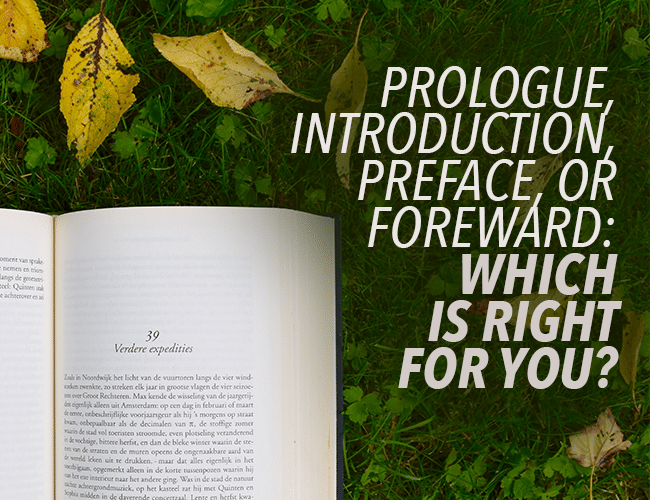
by Kellie McGann |
I’m currently working on my fifth nonfiction book and starting is always the hardest part. There are just so many options.
Should I write a preface? A prologue? An introduction? Should I find someone to write a foreword? Should I just start at chapter one?
If you’ve ever found yourself asking these questions, you’re not alone! And you’re in luck! I’ve asked these questions too and found some answers.
Let’s talk about the difference between each these and figure out which is best for you.
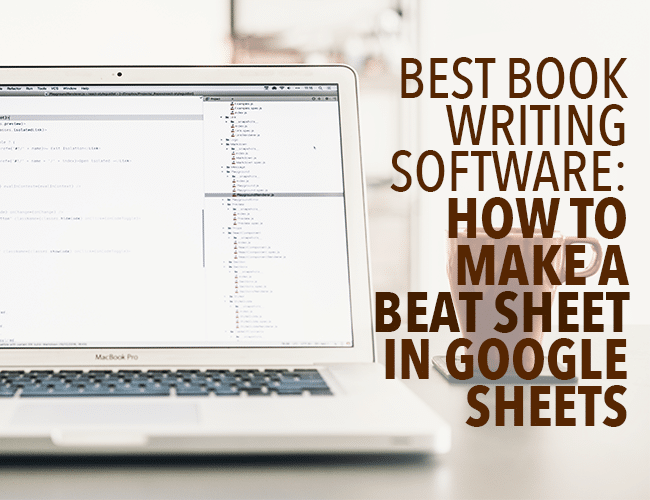
by Jeff Elkins |
Recently, I shared why Microsoft Excel and Google Docs are some of my favorite pieces of book writing software. Spreadsheets might seem like odd resources for a writer, but I’ve found them to be invaluable tools for planning my stories.
I use spreadsheets to plan my stories in several ways. Today, though, I’m going to focus on just one: creating a beat sheet to outline a story before I write.









